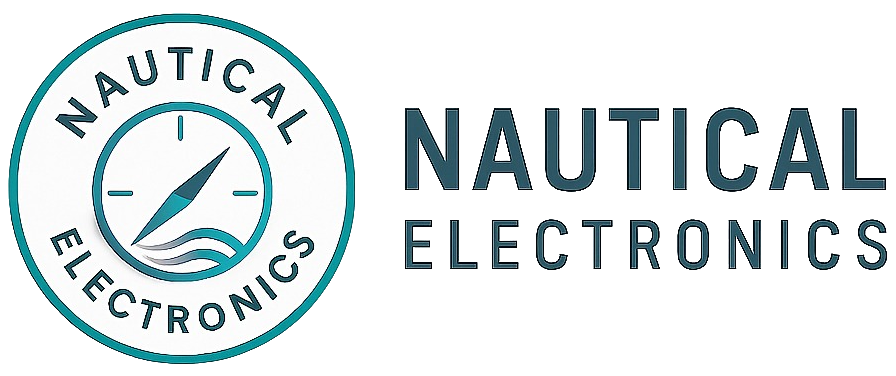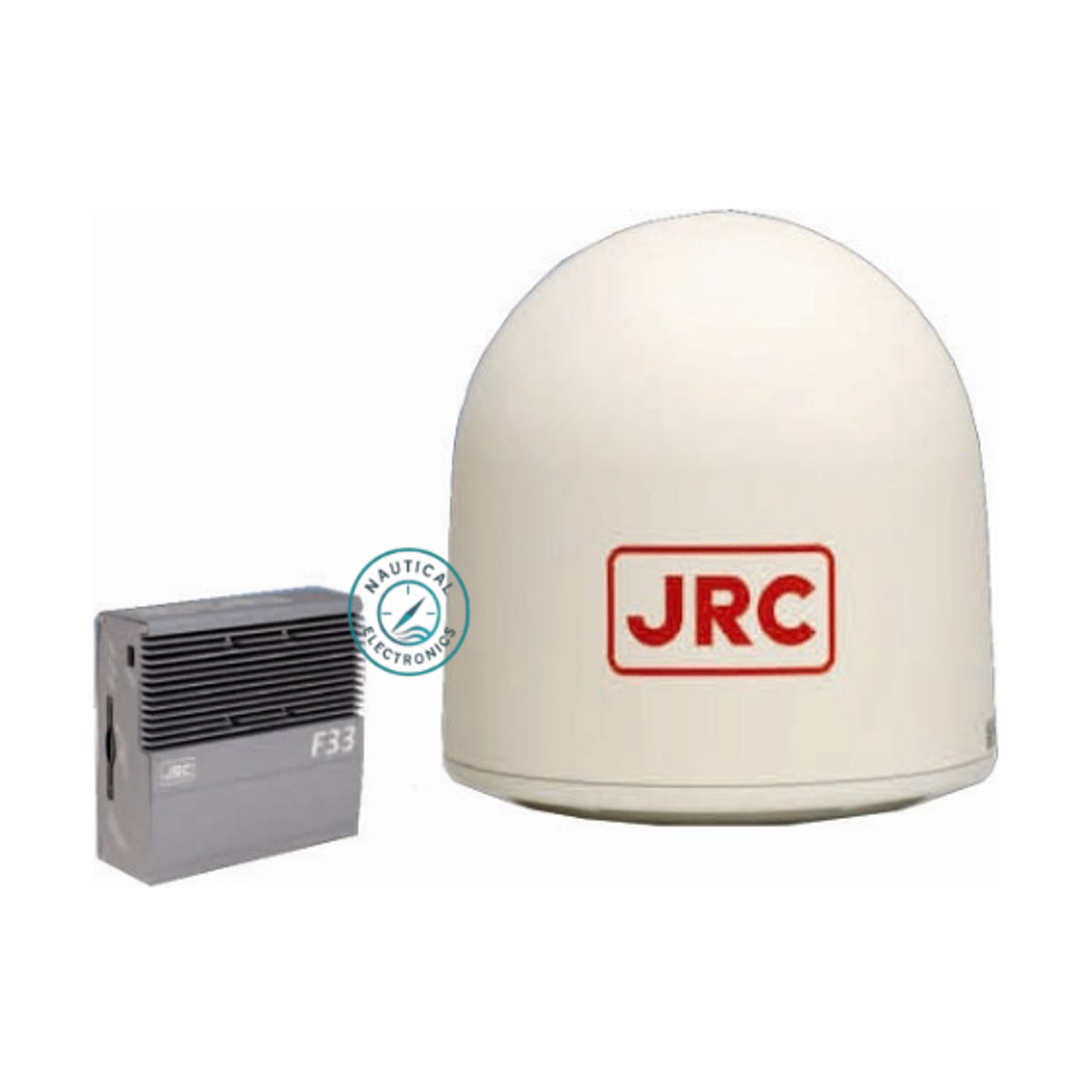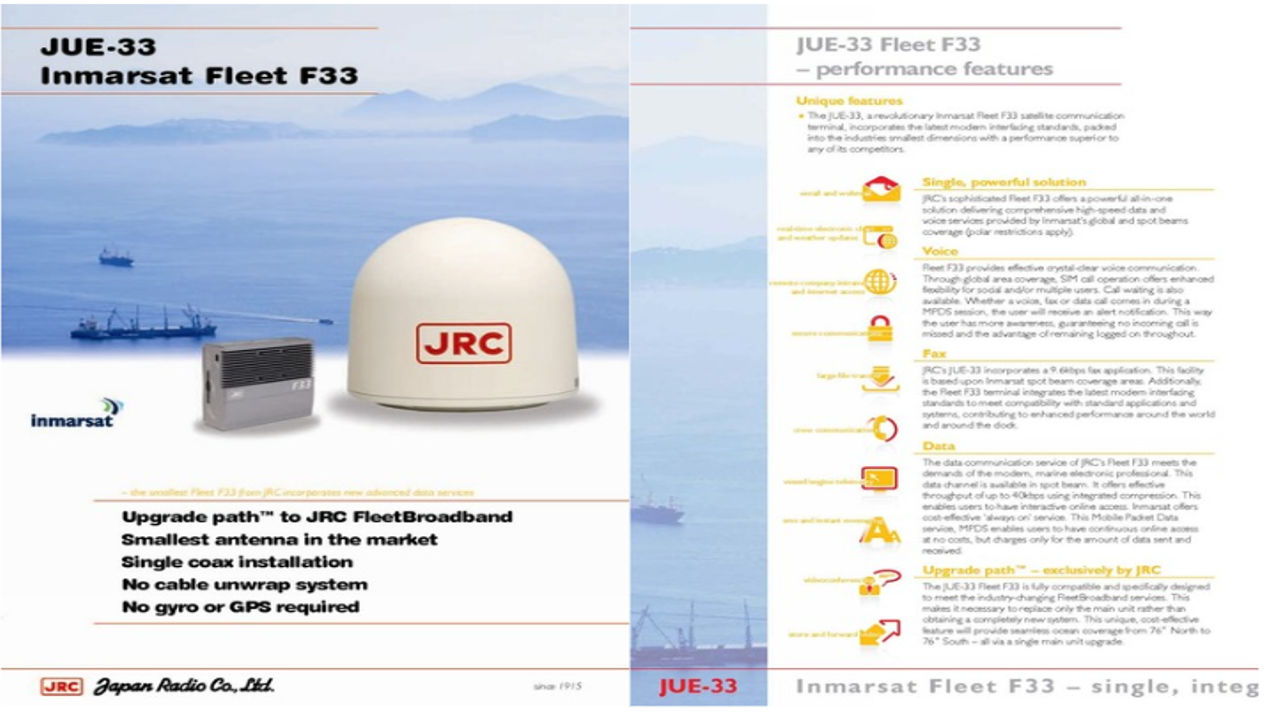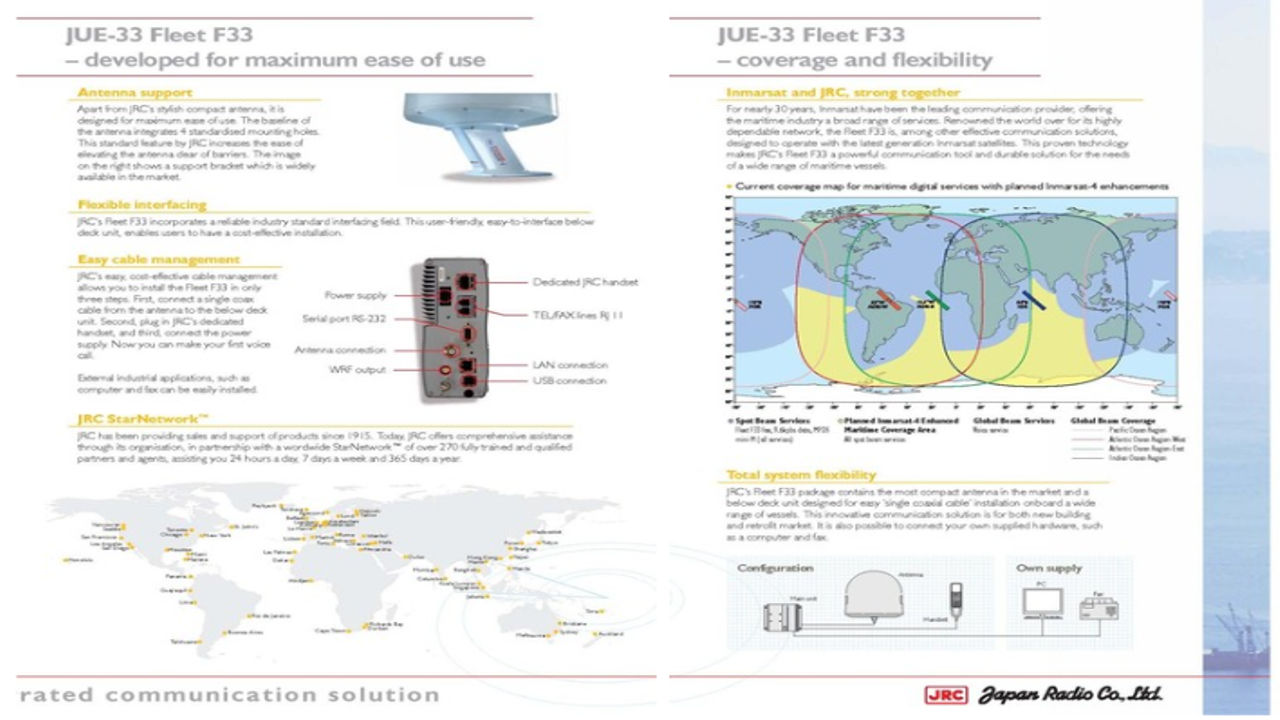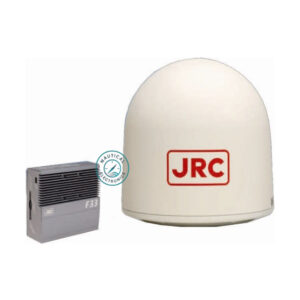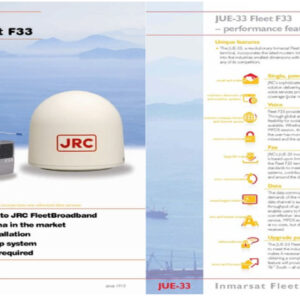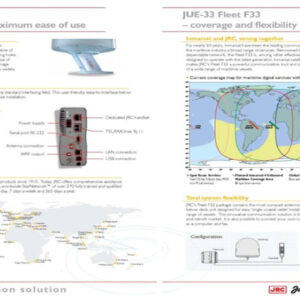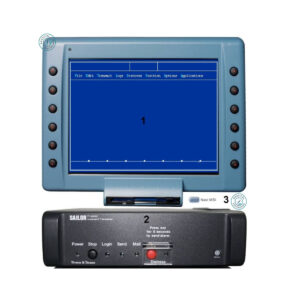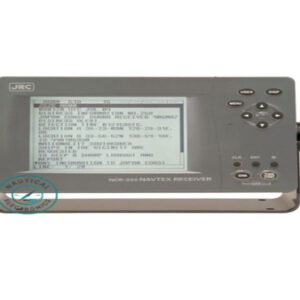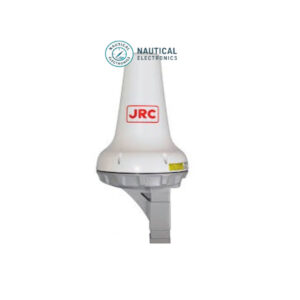DEVICE: INMARSAT
BRAND: JRC
TYPE: JUE-33
JRC Inmarsat JUE-33 Fleet F33 Mobile Terminal
Overview
The JRC JUE-33 is a compact and reliable Inmarsat Fleet F33 mobile terminal designed to provide essential satellite communication services for small to medium-sized vessels. It offers global coverage for voice, data, and fax communications, ensuring connectivity even in remote maritime regions.
Key Features & Capabilities
-
Compact Antenna Design
The JUE-33 boasts the smallest Fleet F33 antenna available, facilitating easy installation on vessels with limited space. -
Continuous Communication
Unlike systems with antenna rewind mechanisms, the JUE-33 ensures uninterrupted communication without the need for antenna retraction. -
Multiple Communication Interfaces
Equipped with a wide range of interfaces, including:-
Ethernet (RJ45)
-
RS-232C
-
USB
-
SIM card slot
-
-
Built-in GPS Receiver
The integrated GPS receiver allows for automatic position reporting and enhances the accuracy of distress alerts. -
Data Compression
Supports data compression protocols to optimize data transmission speeds, enhancing the efficiency of communication. -
User-Friendly Operation
Designed for ease of use, the JUE-33 simplifies satellite communication tasks, making it accessible for operators with varying levels of technical expertise.
Technical Specifications
-
Frequency Range
-
Transmit: 1626.5 to 1660.5 MHz
-
Receive: 1525.0 to 1559.0 MHz
-
-
Output Power
-
EIRP: +1/-2 dBW (Maximum)
-
-
Communication Services
-
Voice: 4.8 kbps
-
Fax: 9.6 kbps
-
Data: 9.6 kbps (up to 40 kbps with compression)
-
Mobile Packet Data Service (MPDS): 28 kbps (TX), 64 kbps (RX)
-
-
Power Supply
-
Voltage: 24V DC ±10%
-
-
Environmental Conditions
-
Operating Temperature: -25°C to +55°C
-
Storage Temperature: -40°C to +85°C
-
Humidity: 95% non-condensing at +40°C
-
-
Mechanical Shock Resistance
-
Survival: 20g/11 ms half-sine
-
-
Antenna Connector
-
ADU: 50 Ω N-type, female
-
BDU: TNC-type, female
-
Applications
-
Maritime Communication
Ideal for small to medium-sized vessels requiring reliable satellite communication for operational and safety purposes. -
Emergency Situations
Provides essential communication capabilities during distress situations, supporting distress alerts and position reporting. -
Remote Monitoring
Facilitates remote monitoring and reporting, enhancing operational efficiency and safety.
